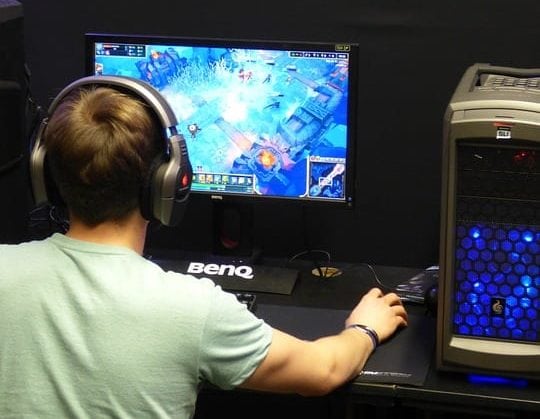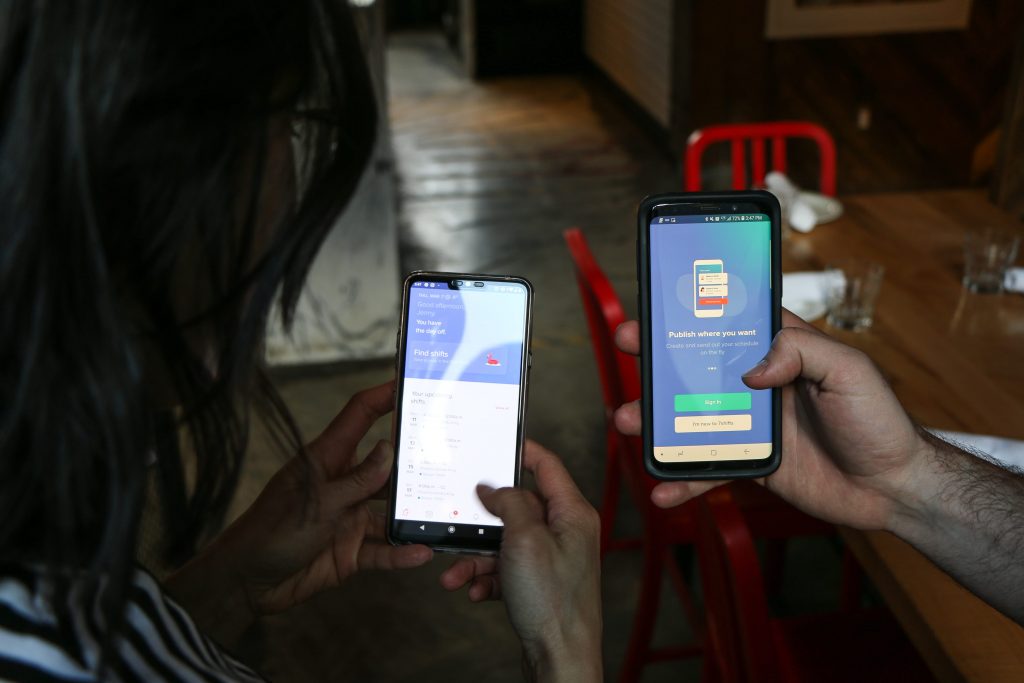Spot the signs of gaming addiction & how to quit guide
Learn how to spot the signs of gaming addiction and take the necessary steps to quit with our helpful guide. Get on the path to recovery today.

What is gaming addiction?
Addiction is the condition of being addicted to a particular substance or activity.
For gaming addiction that can be defined by a player feeling dependent on repeated (sometimes continuous) engagement with the game/activity to the point of experiencing cravings, frustration, and deep unhappiness when unable to play/engage.
The compulsion and fixation with the game/activity leads to a feeling of enslavement which the addict does their best to dismiss as merely motivation to play/enjoying playing.
How to spot the signs of gaming addiction
The signs are fairly obvious when viewed as a whole – but they are often passed off by the addict as being “part of life” rather than have them related to a gaming problem.
The list is lengthy
- Lowered interest in school/college, university/work
- Excessive signs of frustration, unhappiness, anger, anxiety, and depression when not allowed/able to play/able to engage with the game.
- Manipulating situations, diary/schedule to avoid periods offline
- General loss of interest in previously enjoyed activities (sports, cinema, socialising, parties, sex etc) and loss of good friends/relationships and an increasing reliance on “virtual/online” friends/relationships.
- Lack of sleep due to playing through the night.
- Feelings of guilt/shame when unable to “meet up with” or “engage with” online friends/gamers
- Lack of personal care (grooming and hygiene)
- Dry or red eyes, sore fingers/hands, neck or back ache.
- Aggression towards anyone who attempts to limit the activity or suggests that there is a gaming problem/issue/addiction
- Ignoring or neglecting important responsibilities in favour of gaming
- Inability to stop – or even limit/reduce the time spent gaming
- Increasing amounts of money spent on new games/upgrades/packs/in game purchases
How to treat gaming addiction
If you’re reading this it’s likely that you’re looking for a way to help a gaming addict.
It’s likely that you’re looking on behalf of a loved one who has caused you tremendous concern, upset, and serious worry. You’re probably long suffering and probably feel utterly helpless.
Look after yourself, your finances, and your own mental health first.
You’ve been through an awful lot and confiding in someone is important. Before you can help your loved one you first need to look after yourself, as counter-intuitive as that might sound.
Protect your finances from the gamer – who has probably already spent lots of your/their money on the issue.
If the addict doesn’t think they have a problem you can’t help them; it’s extraordinary how low a gaming addict can drag their loved ones, friends, and colleagues before they are prepared to even consider that they have a problem.
Even in the face of repeated financial catastrophes or embarrassing occurrences (all night gaming sessions that leave them exhausted) some will still maintain that they’re not addicted.
Straight talking prepares the ground; as a loved one, pretending there isn’t really a problem, and being reluctant to assert that, without doubt, there is a problem, a BIG problem, just helps the addict keep their head stuck in the sand.
You won’t be telling the addict anything they don’t already know and deep down inside they feel helpless, useless, guilty, and lost.
Be supportive. Suggest they start afresh understanding that there is no physical reason why they need to engage further with gaming and that taking a long break would do them the world of good.
Jettisoning phoney friends in the online gaming community will make a huge difference.
Understanding and rediscovering the value of “real life” friendships and relationships is an essential part of getting better.
Discovering mindfulness will help an awful lot and enable the addict to reconnect with real life, real senses, real experiences in a deep and meaningful way.
Build trust and don’t keep looking over the addict’s shoulder; you should already have insulated yourself from further financial problems caused by their gaming – and having a feeling of determination to support them is really empowering – so the risk to you of the addict failing should, as far as is possible, be ameliorated from those points of views.
That’s not to dismiss how you’d feel in that event.
The more relaxed you can be about them quitting gaming the less negative pressure they’ll feel under.
If they seem to be fine – enjoy it – don’t feel the need to repeatedly ask them how they’re doing or how they’re feeling.
If they want to talk about how they feel, listen; leaving the (now former) gaming addict to get on with their life free from gaming without feeling that they’re being watched constantly can lead them to open up a little.
Don’t worry if this doesn’t happen, if it does though, welcome it and congratulate them accordingly.
Be there for them if they have a bad day; if they appear panicky or anxious or upset because they’re no longer gaming – be understanding and rather than dismiss how they’re feeling – sympathise with it and congratulate them on having made an amazing break.
Be there to remind them, if they have a bad day at school, college, uni, or the office, or they experience a financial problem, or hit a bump in the road of a close relationship; their world is infinitely better, whatever lows they might experience, than it would have been as a gaming addict.
Every cloud has a silver lining when you’ve escaped from addiction, it’s not just a case of the lows not being nearly as low, but the highs are infinitely higher.




